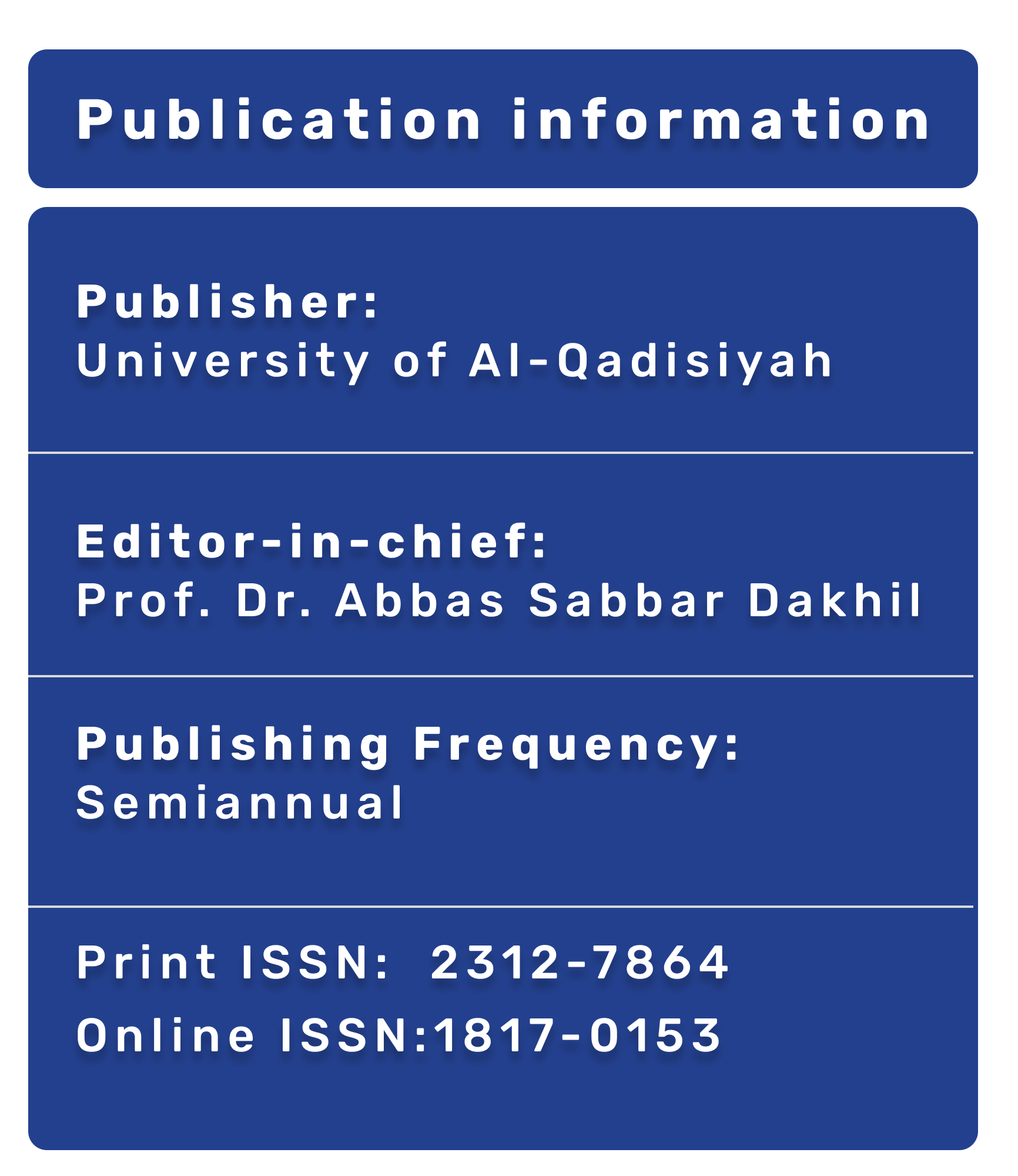Natural History of isolated Ventricular Septal Defects in the first two years of life
DOI:
https://doi.org/10.28922/qmj.2010.6.10.147-160الكلمات المفتاحية:
Natural history، Ventricular Septal Defects، Medical Therapy، Surgical Closure.الملخص
Objective: To evaluate the natural history of isolated ventricular septal defects in the first two years of life.Patients and Methods: We prospectively studied a total of 50 infants diagnosed as isolated ventricular septal defect between january2008 -january 2009. Infants aged less than three months, with isolated ventricular septal defects were followed for two years. Infants with Down syndrome, other types of ventricular septal defect and those who had an additional hemodynamic significant heart defects were excluded.
Results: A total of 50 infants 30 males vs. 20 females (60% vs. 40%) were followed up for 24 months. The mean age at the time of diagnosis was forty days ±5 days (Range: 1 day- 3.0 months). 34 patients (68.0%) had membranous , 10 patients (20.0%). had muscular,4 patients (8.0%) had inlet and 2 patients (4.0%) had outlet ventricular septal defects. There were 16(32.0%) small ,28(56.0%) moderate, and 6(12.0%) large size defects .7 of muscular defects closed spontaneously, 2 were closed surgically and 1 remained open but decrease in size (70.0%, 20.0%, and 10.0% respectively). On the other hand 25 of membranous defects closed spontaneously and 9 defects remained open by the end of the study ((74.0%),(26.%) respectively). Regardless of type all small 16(32.0%) not required medical treatment, 34(68.0%) ofmoderate and large size defects needed medical and/or surgical treatment in the first two yeas of life but by the end of fallow up 16(32.0%) defect closed spontaneously and 10(20.0%) defects had their size decreased ,all of them of moderate size.
Conclusion: Infants with muscular ventricular septal defects have better prognosis in the 1st year but spontanous closure with membranous is more in the 1st 2 years and infants with moderate and large ventricular septal defects usually need medical and/or surgical treatment.








